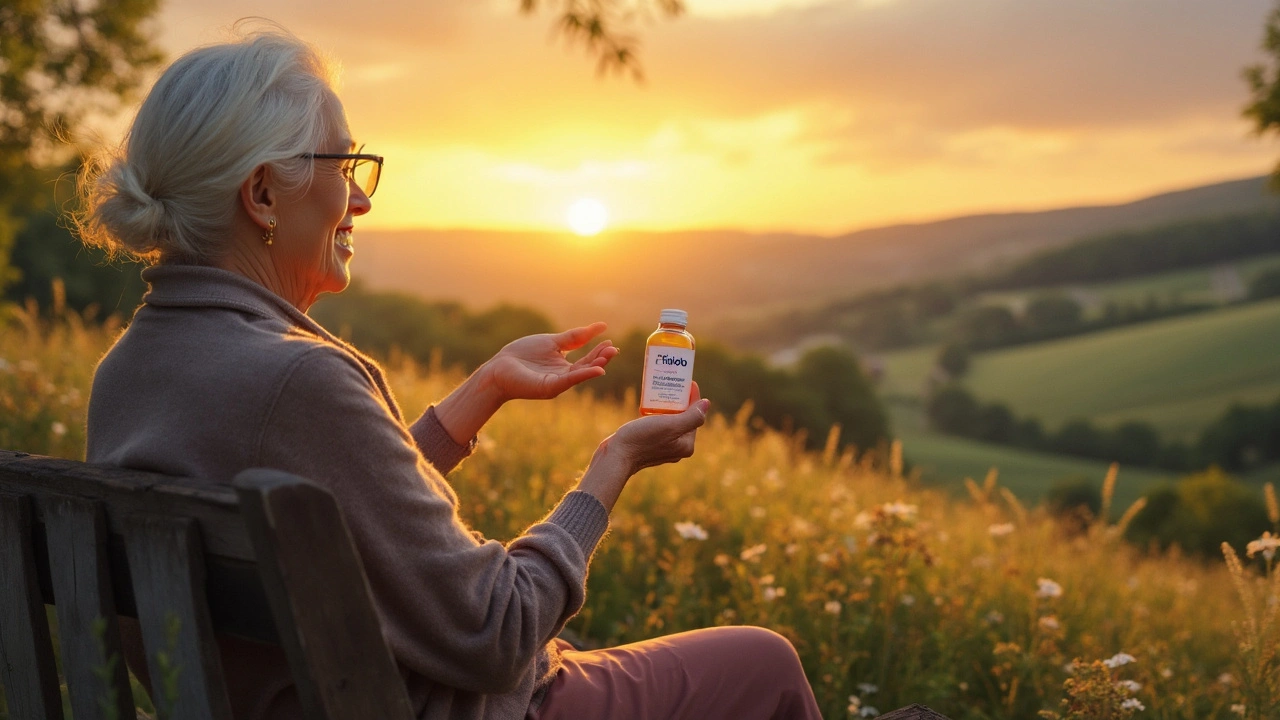Eye Health: Simple Steps to Protect Your Vision
Your eyes are working all day, every day. A few practical habits protect them better than luck or expensive creams. This page gives quick, useful tips on everyday care, when to get medical help, and how to handle medicines or supplements that touch eye health.
Everyday habits that help
Limit screen strain with the 20-20-20 rule: every 20 minutes look at something 20 feet away for 20 seconds. Blink often—screens make people blink less, and that causes dry, irritated eyes. Use a humidifier in dry rooms and avoid pointing fans or vents directly at your face.
Wear sunglasses that block 100% UVA and UVB outdoors. Sun exposure adds up and can speed cataracts and macular damage. For close work, make sure lighting is bright enough and not shining into your eyes or the screen. Adjust text size and contrast so you don’t squint.
Nutrition matters. Get leafy greens, eggs, and orange vegetables for vitamin A, and consider foods high in lutein, zeaxanthin, and omega-3 fats like salmon and flax. If you take supplements, pick brands with clear labeling and third-party testing. If you’re curious about riboflavin or other vitamins, read our riboflavin guide to see how basic nutrients can support overall health.
Medications, drops, and ordering online
Some medicines affect vision or eye comfort—steroids, certain antidepressants, and antihistamines can cause dryness or raise eye pressure. If a drug makes your eyes blurry or unusually dry, tell your prescriber. For prescription eye drops or stronger treatments, use a reputable pharmacy. Our site has guides on choosing safe online pharmacies and what to check before buying: look for a valid prescription policy, clear contact info, and user reviews. Avoid stores that sell prescription meds without a prescription.
Over-the-counter lubricating drops can help mild dryness, but don’t use redness-reducing drops regularly—they mask symptoms and can make things worse. Store eye medications per the label—some need refrigeration—and discard opened bottles after the time recommended on the box to avoid infections.
Protect your eyes during sports and home projects. Wear safety goggles for yard work, power tools, or any activity with flying debris. For swimmers, use goggles to avoid chlorine irritation and possible infections.
Finally, schedule regular eye checks. Adults with no problems still benefit from exams every two years, and people with diabetes or glaucoma risk need more frequent checks. Seek urgent care for sudden vision loss, flashes of light, a curtain over your vision, or severe eye pain. Those signs may mean serious conditions that need immediate treatment.
Contact lens users: follow replacement schedule, clean with proper solution, never sleep in lenses unless prescribed. Replace makeup every three months and avoid sharing. If you use topical steroids for skin or joints, know they can raise eye pressure—ask your doctor about eye checks. When buying supplements for eye health, check doses (lutein often 10 mg, zeaxanthin 2 mg in studies) and talk to your pharmacist if you take blood thinners. Small steps prevent big problems everyday.
Timolol for Glaucoma: Dosage, Administration, and Safety Tips
Timolol is a popular medication prescribed for managing glaucoma, a condition that can seriously affect eyesight. This article explores Timolol's dosage, the proper way to administer it, and key safety tips to consider. Whether you're new to this medication or just looking for a refresher, you'll find practical advice on handling it effectively. Understand how to use Timolol safely to keep your eyes healthy.
View More
